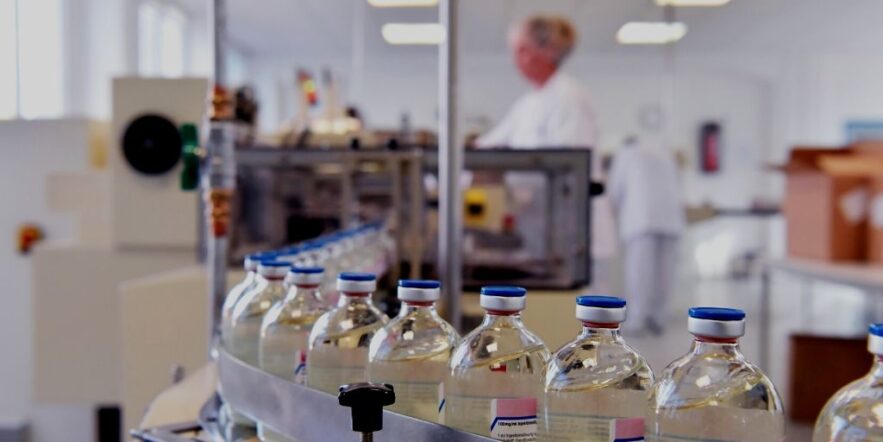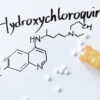`Even before the COVID-19 epidemic hit, FDA inspections of drug manufacturing facilities – especially those located outside the United States, including India and China – were lax at best. The main problem? Too many facilities to inspect and not enough inspectors.
This issue was compounded in March after the agency suspended almost all foreign drug manufacturer inspections in the wake of COVID-19. If you’re wondering just how much of America’s drug supply is not made here, a 2016 Government Accountability Office (GAO) report found about 80% of active pharmaceutical ingredients – the raw materials of medications – and around 40% of finished drugs are manufactured outside the U.S. in more than 150 countries.
Why should you care about this? Because a lack of adequate inspections of drug manufacturing facilities could be leading to the production of either ineffective or tainted drugs that could potentially make you sicker.
A more recent GAO report, released earlier this month, found that “the lack of foreign inspections removes a critical source of information about the quality of drugs manufactured for the U.S. market.” The report also noted that the top two countries with drug manufacturing facilities for products shipped to the U.S. are China and India, with more than 400 such establishments in each country. Drug manufacturers in both countries have a long history of receiving warning letters from the FDA related to violations of good manufacturing practices.
The same report noted that unlike in the U.S., where inspections of drug manufacturing facilities are usually unannounced, abroad, such sites are often given advance warning, sometimes up to 12 weeks in advance.
The FDA was warned back in 2008 by the GAO to increase the number of foreign drug inspectors. While the GAO in a 2016 report noted that the FDA had increased its number of foreign inspectors, it also noted that some overseas factories manufacturing drugs for the U.S. market may have never been inspected.
In recent weeks, the FDA has issued a spate of recalls to some generic manufacturers of metformin, the top-prescribed type 2 diabetes drug in the country – and one of the most prescribed drugs in the U.S. overall — due to higher than acceptable levels of the organic compound NDMA, which is a potential carcinogen.
Whether the recalls are related to the lack of foreign inspections is unclear. High levels of NDMA in foreign-produced drugs are not a new phenomenon. For example, in 2018 and into 2019, the FDA issued recall notices to several companies over excessive NDMA levels found in batches of the generic blood pressure drug valsartan. This led to a shortage of the drug in January 2019. And earlier this year, the FDA requested the market withdrawal of all prescription and over-the-counter versions of the acid reflux medicine Zantac (ranitidine) over concerns about NDMA impurities.
What is clear is that COVID-19 isn’t making the foreign inspection situation any easier and could be putting the pharmaceutical supply chain at further risk. In a Senate Finance Committee hearing earlier this month concerning FDA inspections of foreign drug manufacturing facilities, David Light, CEO of Valisure, an online pharmacy that chemically validates the batches of medications it sells, told members that “manufacturing problems that arise from the escalated production of drugs [as treatments for COVID-19] and a lack of FDA inspectors on the ground at foreign plants could produce a domino effect for years to come. The lifecycle of a drug in the supply chain is many years and it could be many more before significant and serious issues are found, let alone addressed.”
Light also suggested that all medications manufactured outside the U.S. be subject to independent laboratory testing prior to distribution to the American public. Given the FDA has not provided a timeline for when foreign inspections might resume and its inspection team was already short-staffed prior to COVID-19, that’s not a bad idea.






